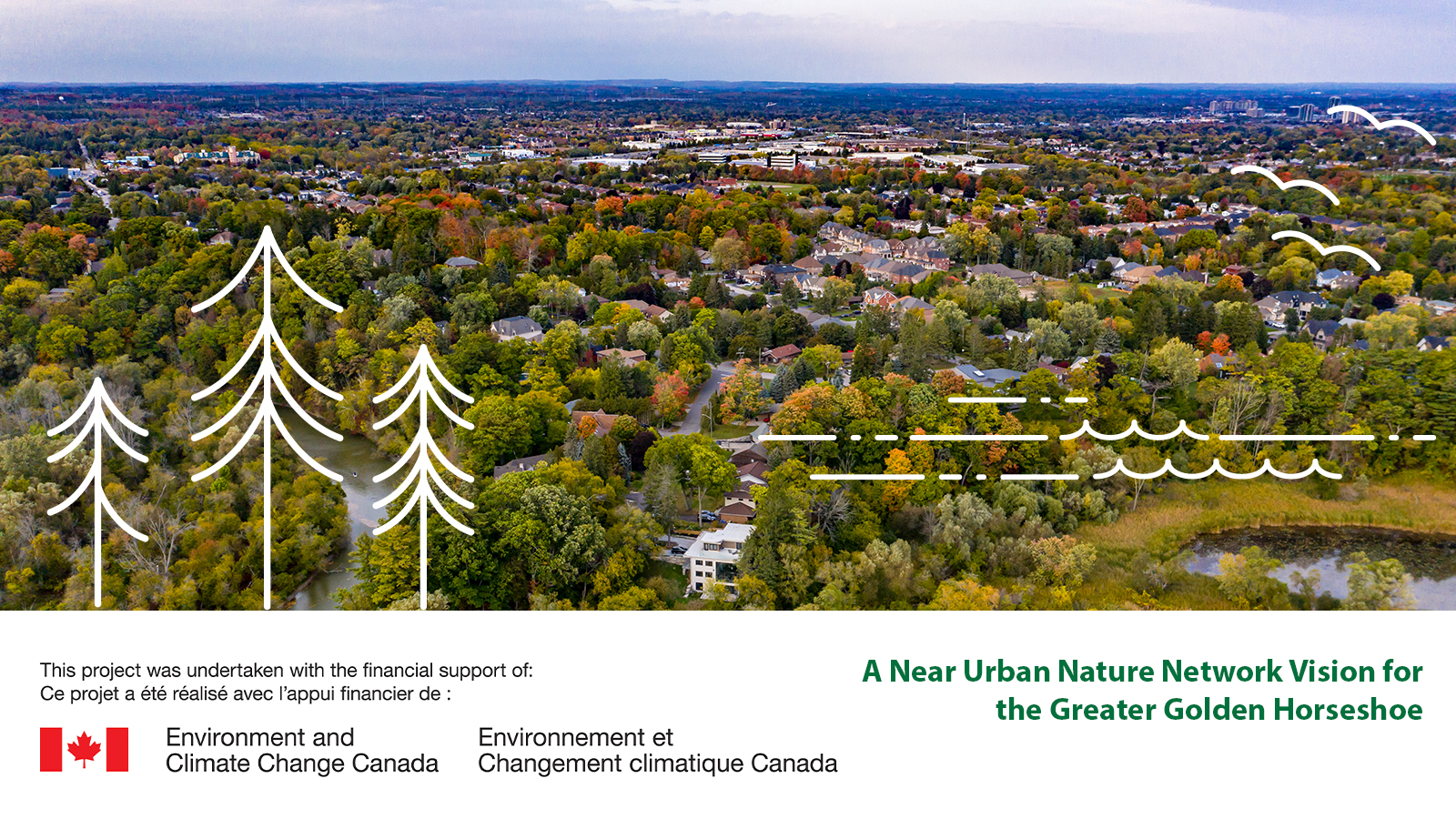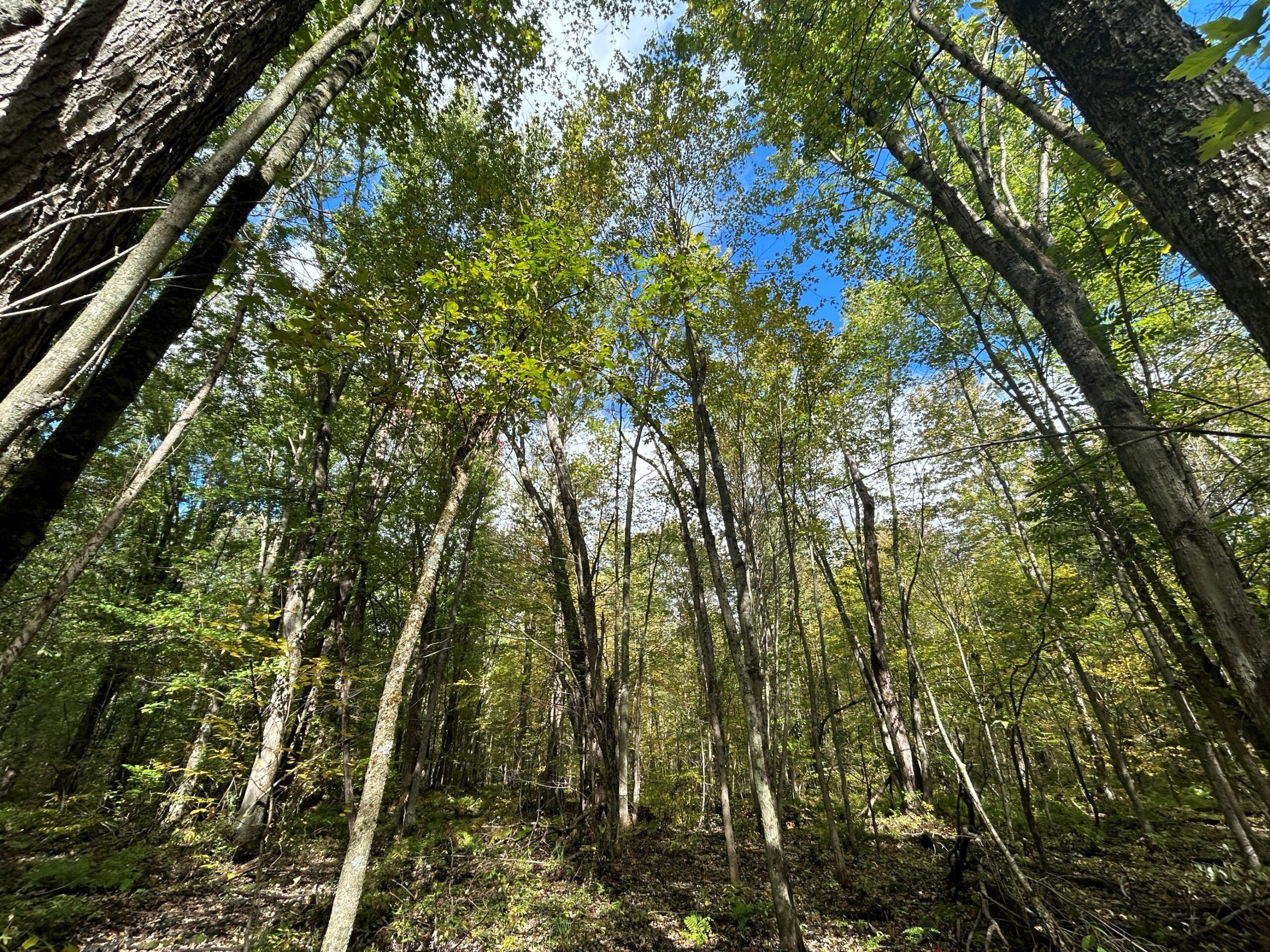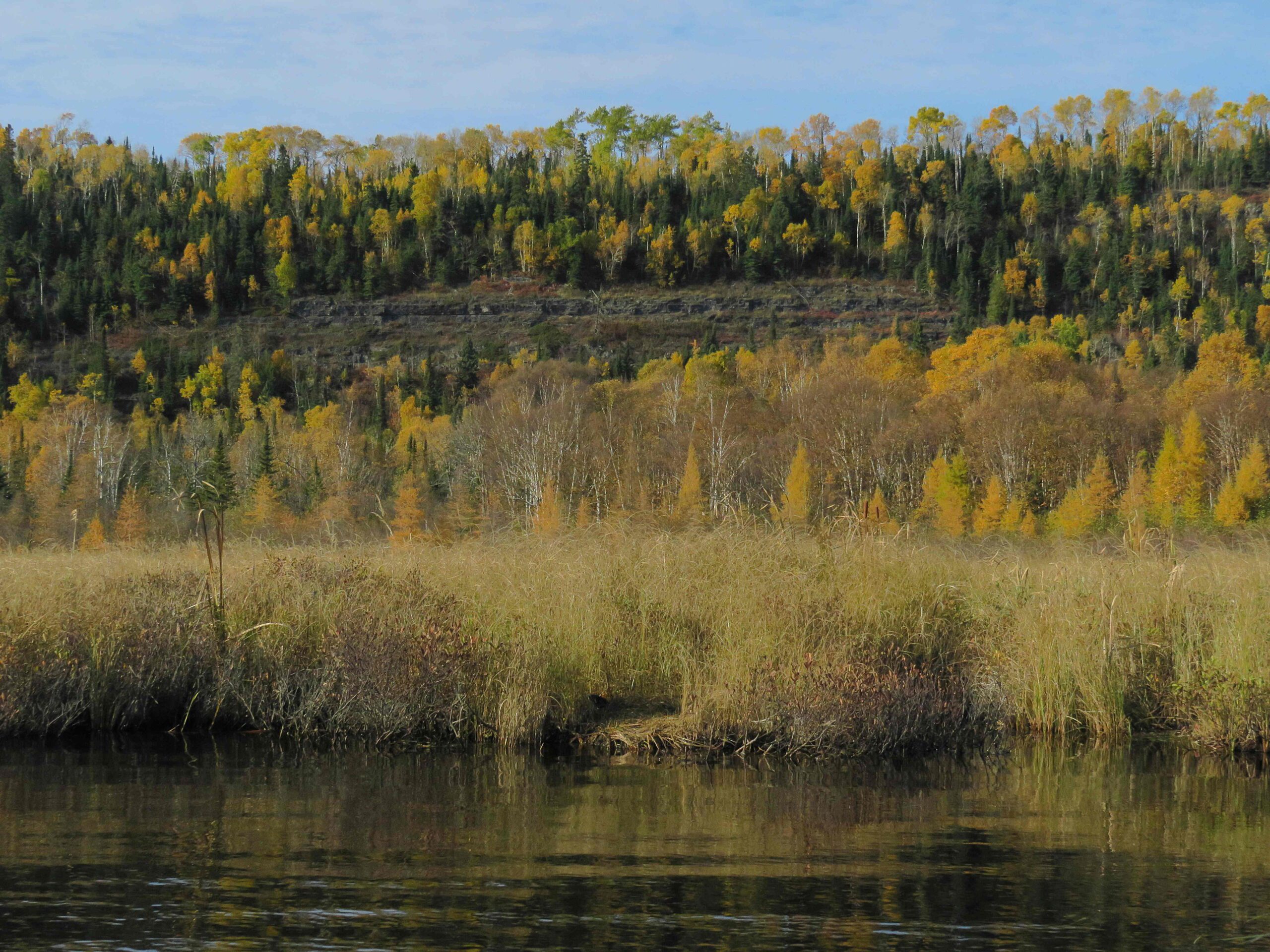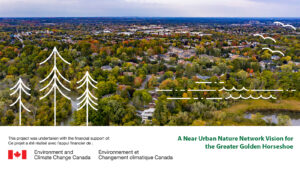Southern Ontario Nature Coalition Calls for Protecting Nature in Canada’s Near-Urban Areas
Final Reports Released with Key Recommendations and Calls-to-Action that Will Help All Levels of Government Protect Biodiversity
Toronto, July 22, 2021: With support from the Government of Canada and Government of Ontario, the Southern Ontario Nature Coalition (SONC) has released its Final and Technical reports, sharing important insights and opportunities generated through its ground-breaking Near-Urban Nature Network project. A Solution to Climate Change and Biodiversity Loss: The Final Report provides key recommendations for federal and provincial governments and community-oriented calls-to-action, which will help all levels of government to protect near-urban nature across the country.
The dual crises of climate change and rapidly accelerating biodiversity loss have spurred international action, including investments from the Government of Canada to conserve 25 per cent of Canada’s lands, freshwater, and oceans by 2025, working toward 30 per cent by 2030. These commitments are important steps in the right direction and will help us advance meaningful protection of Canada’s biodiversity, including in near-urban areas, which are critical to environmental sustainability and contain some of the country’s highest levels of species biodiversity.
“Southern Ontario urgently needs policies that allow nature to thrive alongside people,” says Geoffrey Burt, CEO, Consecon Foundation. “Progress will require across-the-board collaboration from governments, conservation groups, Indigenous Communities, and private landowners. The SONC report makes an important contribution in this respect, by providing a timely framework for protecting nature where Ontarians live. Its findings are relevant to the protection of near-urban environments across the country.”
The Final Report uncovers timely opportunities to incorporate the protection of near-urban nature into federal, provincial, and municipal biodiversity, climate change, and agricultural policies and programs. Recommendations also include a call for consistent funding to establish and maintain near-urban nature networks across the country. Importantly, capacity funding is also recommended to support Indigenous Communities and Peoples in participating in protection efforts and exercising their responsibility to care for the land and waters, and continue cultural traditions and ways of life.
“The global pandemic has highlighted the importance of our connection to natural areas,” says Peter Kendall, Executive Director, Schad Foundation. “Unlike ever before, Ontarians are looking to local natural areas for recreation and sustenance, for connection with family, and for a place to reset.
Starting with the creation of Algonquin Park in 1893, Living Legacy in 1999, and more recently the Greenlands Conservation Partnership, Ontario has a long history of conservation leadership,” explains Kendall. “However, we urgently need more action from governments and conservation partners to ensure that our natural spaces remain intact for future generations. We commend the SONC report for bringing greater focus to this critical work.”
These reports are the result of an unprecedented examination of options for protecting nature in the Greater Golden Horseshoe (GGH)—Canada’s most rapidly urbanizing region. As regions like the GGH grow in population (the GGH is expected to be home to as many as 15 million people by 2051), so does the need for enhanced protection of greenspace, a critical factor in the mental and physical health of residents.
“Protecting nature near Canada’s urban centres is critically important but there are unique challenges and a need for innovative solutions in regions such as the Greater Golden Horseshoe,” says Edward McDonnell, CEO, Greenbelt Foundation. “Ensuring near-urban areas are part of the larger federal effort to protect natural spaces across the country was the focus of analysis and recommendations being released in SONC’s Final Report. We hope that the results of this collaborative process will inform coordinated approaches to the protection of near-urban nature across Canada—in manner that balances urban growth with the urgent need to improve climate resilience and conserve biodiversity.”
To read A Solution to Climate Change and Biodiversity Loss — the Full and Technical reports — please click HERE. To read a Backgrounder with key recommendations and calls-to-action please click HERE.




